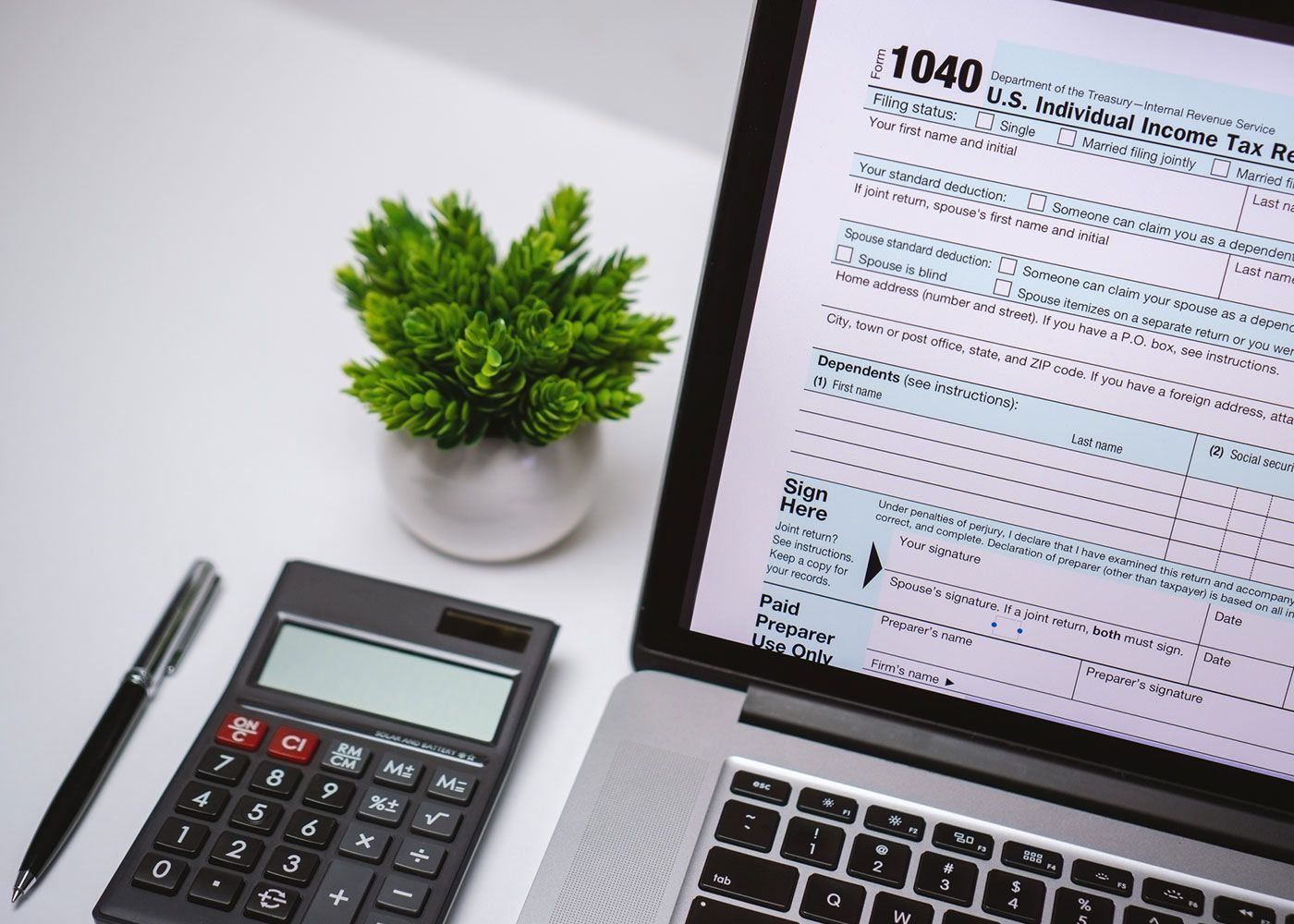10 Things You Need to Know About Health Savings Accounts

By Kimberly Lankford , Contributing Editor
July 19, 2017
If you don’t have many medical expenses now, in the long term you’ll be able to benefit even more from the tax advantages of an HSA. You’ll get a tax break for your contributions, then you can build up a tax-free stash of money to help pay for medical expenses in the future — even after retirement. Here are some things you may not know about HSAs, as well as some strategies to make the most of these plans.
1. HSAs are not use-it-or-lose it . Unlike flexible-spending accounts, you don’t have to spend the money in an HSA by the end of the year. You can use the money tax-free for medical expenses anytime, even after retirement. In fact, you’ll get a bigger benefit from an HSA if you can use other cash to pay for current out-of-pocket medical bills and leave the money growing in the account for the long term.
2. HSAs can provide more tax breaks than 401(k)s . An HSA offers a triple tax break: Your contributions are tax-deductible (or pretax if made through payroll deduction), the money grows tax-deferred, and withdrawals used to pay medical expenses are tax-free. With a 401(k), you’ll get a tax break for your contributions but then have to pay income taxes on withdrawals.
Some people value the tax benefits of an HSA so much that they make funding the account a top priority. They first contribute enough to their 401(k) to get their employer match – after all, that’s free money – and then put in the maximum amount allowed in the HSA.
You can contribute up to $3,400 to an HSA for 2017 if you have single health insurance coverage, or $6,750 for family coverage, plus an extra $1,000 if you’re 55 or older anytime during the year.
3. You can invest the HSA money in mutual funds . You’re not limited to a money market or other cash account in an HSA. Some people keep enough money to cover the current year’s deductible in a money market account – if they don’t have other cash for that — and then invest the rest in mutual funds to grow over the long term. Many banks, brokerage firms and other HSA administrators offer a choice of mutual funds. See HSAsearch.com for a list.
4. Your boss may give you extra money to participate . Many employers try to steer workers into high-deductible health plans with HSAs, hoping it will encourage them to become better health care shoppers. Some employers even contribute to workers’ accounts or match employee contributions as an incentive. The average employer contribution was $868 in 2016, according to Devenir, an HSA consulting firm. And your boss may contribute even more money if you participate in a wellness program.
5. You can open an HSA even if it isn’t offered by your employer . You’re allowed to contribute to an HSA as long as you have an HSA-eligible health insurance policy with a deductible of at least $1,300 for single coverage or $2,600 for family coverage in 2017 – whether you get your insurance from your employer or on your own. By staying with your employer’s plan, you may get some extra perks, such as an employer match, payroll deduction and access to certain HSA administrators. But if your employer doesn’t offer an HSA or if its plan has high fees and few investing choices, you can open an account with any administrator. See HSASearch.com for a list of plans, features and costs.
6. HSA money can be used for even more expenses after retirement . Once you sign up for Medicare , you’re no longer allowed to contribute to a health savings account. But you can still use the tax-free money for a wide range of medical bills, including deductibles, co-pays and other medical expenses that aren’t covered by insurance, such as vision and dental care. HSA dollars can pay a portion of long-term-care insurance premiums based on your age – up to $1,350 in 2017 if you’re age 51 to 60, up to $4,090 if you’re 61 to 70, and as much as $5,110 if you’re older than 70. The money can be used to pay premiums for Medicare Part B and Part D prescription-drug coverage, or a Medicare Advantage plan (but not for medigap premiums). And after age 65, you can pull money out for nonmedical expenses without having to pay a 20% penalty, although you’ll have to pay income taxes on the withdrawals.
7. You may be able to continue contributing to an HSA beyond age 65 . Some people who are still working at age 65 choose to delay signing up for Medicare Part A and Part B so they can continue making HSA contributions, especially if they get an employer match. However, you may not be able to delay Medicare enrollment if you work for an employer with fewer than 20 employees or if you sign up for Social Security and are automatically enrolled in Medicare. See When To Sign Up for Medicare and When To Delay for more information.
8. You can use the HSA money for family members’ medical expenses, even if they aren’t on your health plan . Whether you have a self-only or a family health insurance policy, HSA money may also be used for medical expenses for your spouse and current tax dependents.
9. You may be able to have both an HSA and an FSA . You generally can’t salt away money in an HSA and a flexible spending account in the same year, but more employers are starting to offer limited-purpose FSAs that cover only certain expenses, such as dental and vision costs. The FSA must be specifically designated as an “HSA-compatible FSA.” The money is tax-free only for dental and vision expenses until you reach your health insurance plan’s deductible. After that, you can transfer the money to a regular FSA, which can be used tax-free for any out-of-pocket medical expenses. See Can I Contribute to Both an HSA and an FSA for more information.
10. You have an unlimited amount of time after you pay for eligible medical expenses to reimburse yourself . If you’re paying current medical expenses with cash rather than tapping the account, hold onto the receipts and withdraw the money for those expenses tax-free at any time – even years in the future. Your insurer may even have an expense tracker that lets you upload your medical receipts and mark whether you paid the bill from your HSA or other sources, which you can use as evidence of payment later.
For more information about HSAs, see FAQs About Health Savings Accounts.
Lankford, Kimberly. “10 Things You Need to Know About Health Savings Accounts.” Kiplinger. http://www.kiplinger.com/article/insurance/T027-C001-S001-things-to-know-about-health-savings-accounts.html. July 19, 2017. Web. July 31, 2017.
This article was written by Kimberly Lankford.
Other Blog Topics
Disclosures
Location
Business Hours
- Mon - Fri
- -
- Sat - Sun
- Appointment Only
© 2024 Buttonwood Financial Group | All Rights Reserved




